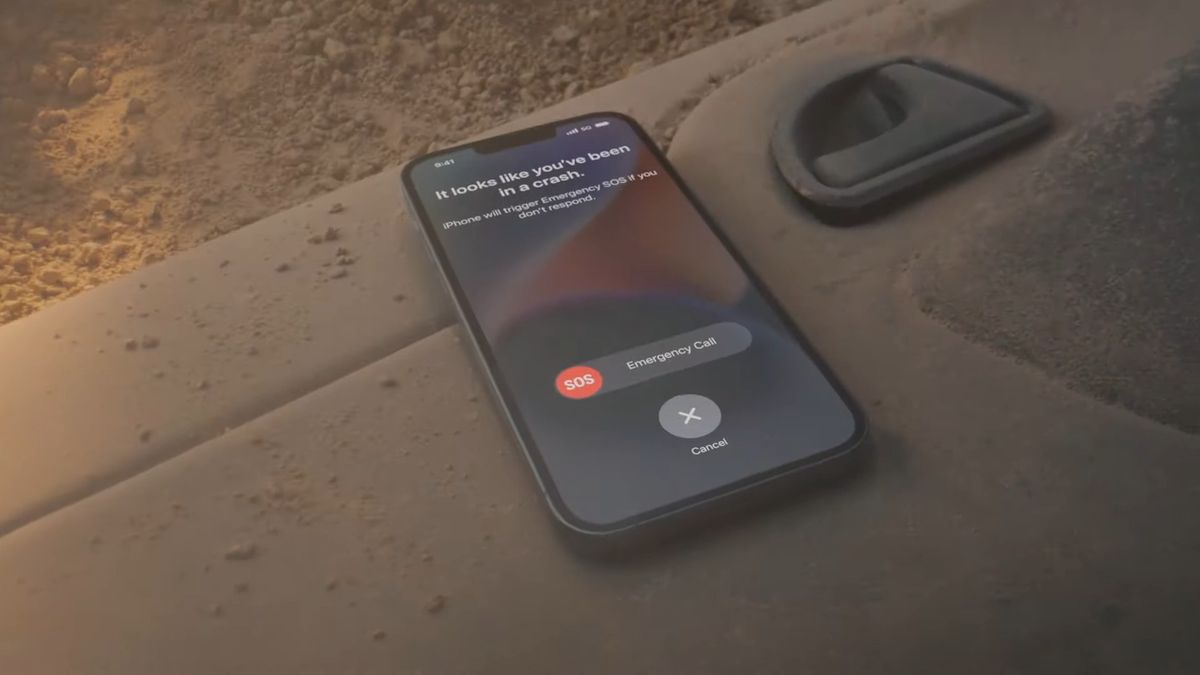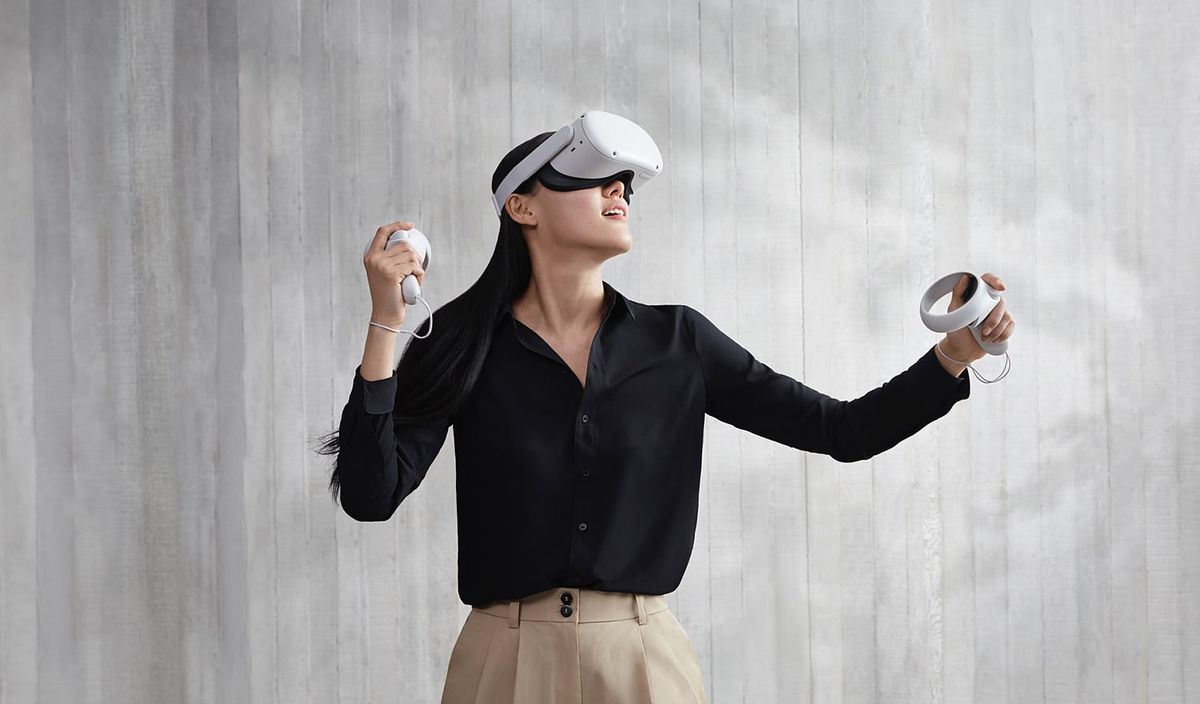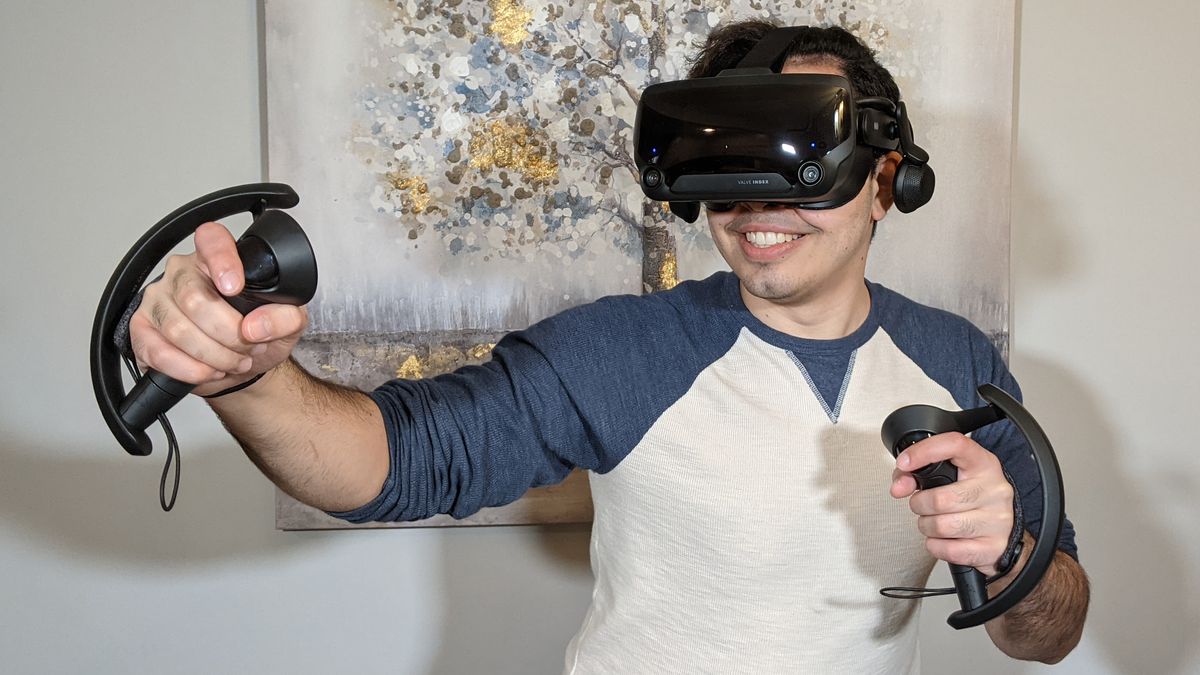Midway through Apple’s “Far Out” event, I couldn’t help but think: I have heard this exact pitch before — countless times. The executives were waxing lyrical about the new iPhone 14 with the same ol’ superlatives and no specifics: it’s faster, brighter, longer-lasting, better, you get the idea. They were speaking of the bigger displays like it’s 2014, which is when Apple first added a “Plus” model to its lineup.
The tagline confirmed my suspicions that the company is running out of ideas to sell: the new iPhone 14’s tagline is “Big and Bigger” And the 8-year-old iPhone 6’s? “Bigger than Bigger.”
The rest of the keynote offered little to excite me. For much of the presentation, Apple was relying on unsettling extreme use cases, such as car crashes and loss of connectivity in the wilderness, and consolations like bringing long-overdue features, including an always-on display, to convince people to buy its latest iPhones. And no surprise that these features won’t arrive on older models — even the ones that are software-based and have been available on competitors for ages.
Yet, the keynote concluded with a line that sounded close to dystopian to me: “It’s an entirely new way to experience the iPhone.” Is it, Apple? Almost as if the iPhone lives in a vacuum where no rivals exist.
Android phones are exciting again
Apple’s repeated incremental releases are in stark contrast to what’s happening in the Android camp lately. The bottom line with the iPhone 13 was no different either: there were barely any significant upgrades from its predecessors. As someone who switched to an iPhone only a couple of years ago, Android phones are calling to me again.
Samsung, after several experimental iterations, has managed to build a line of foldable phones that are durable and can go toe-to-toe with almost any other flagship in every aspect. More importantly, gambling on folding screens has allowed Samsung to truly unlock new ways for us to operate our phones, and as it continues to refine the technology, it’ll be hard for others to catch up.
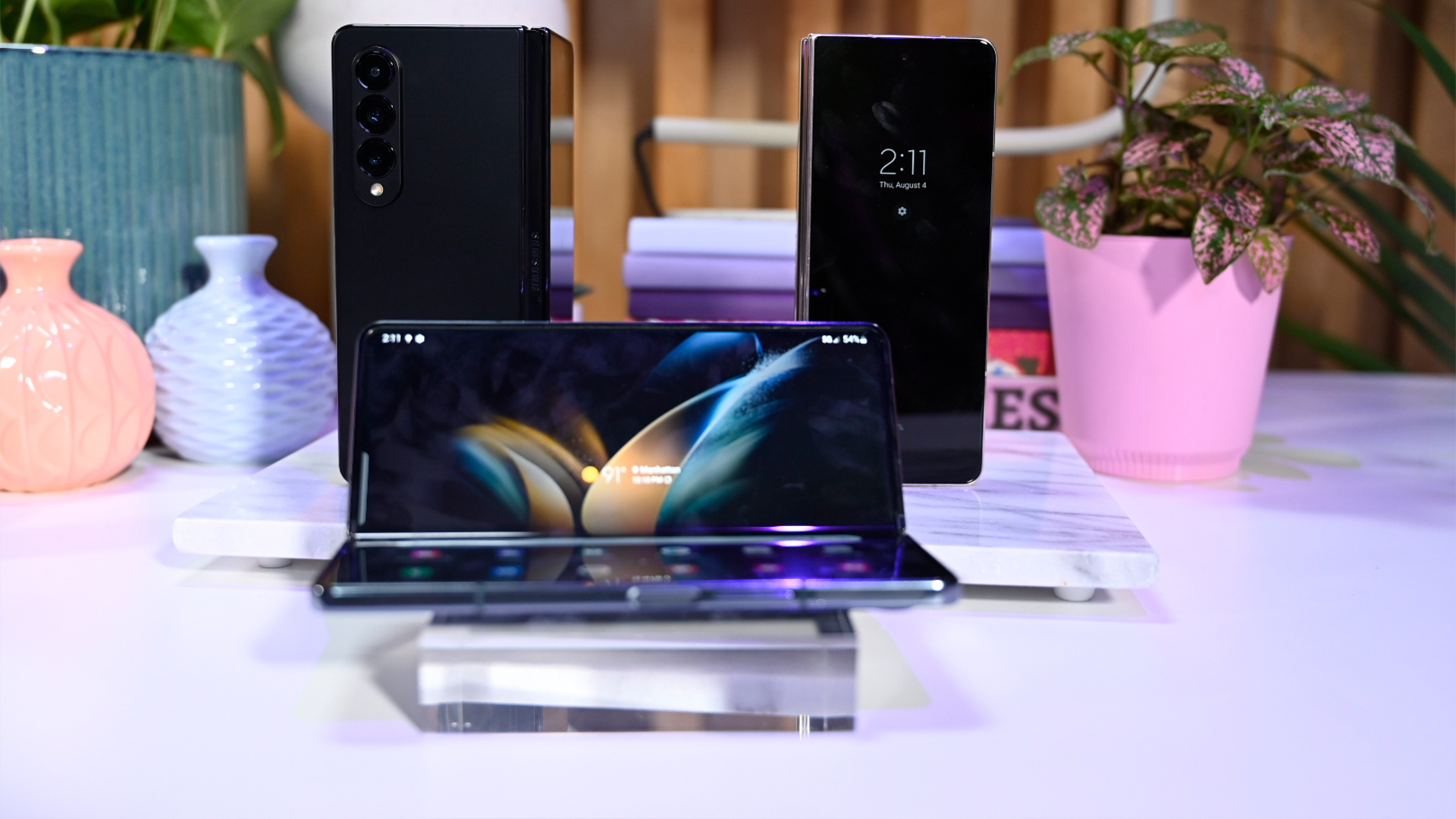
Though Google hasn’t yet unveiled its rumored foldable phone, it’s come a long way too compared to when I left what I believed was a sinking ship. With its Google Tensor in-house silicon and bold designs, Google has hit a homerun with its Pixel 6 phones, especially in the mid-range segment, and at long last, it finally seems like it’s built a realistic alternative to the iPhone for Android users. Next month we’ll see if the Pixel 7 can keep that momentum going.
What Google’s accomplishing with software is equally groundbreaking. Not only is the latest Android 13 a joy to use, but it cleverly takes advantage of the Pixel’s custom chip to offer a bunch of handy tools for cutting out objects from your pictures, capturing long-exposure and night shots, and more.
Living with the Samsung Galaxy Flip 4 and the Pixel 6 has been a refreshing experience over the past weeks and I’m not sure if there’s a compelling argument for me to stick with the iPhone anymore. I left Android because, at the time, there were hardly any flagships from Google or Samsung to compete with the iPhone both in terms of practicality and innovation but since then, Apple has made little progress to keep me from leaving.
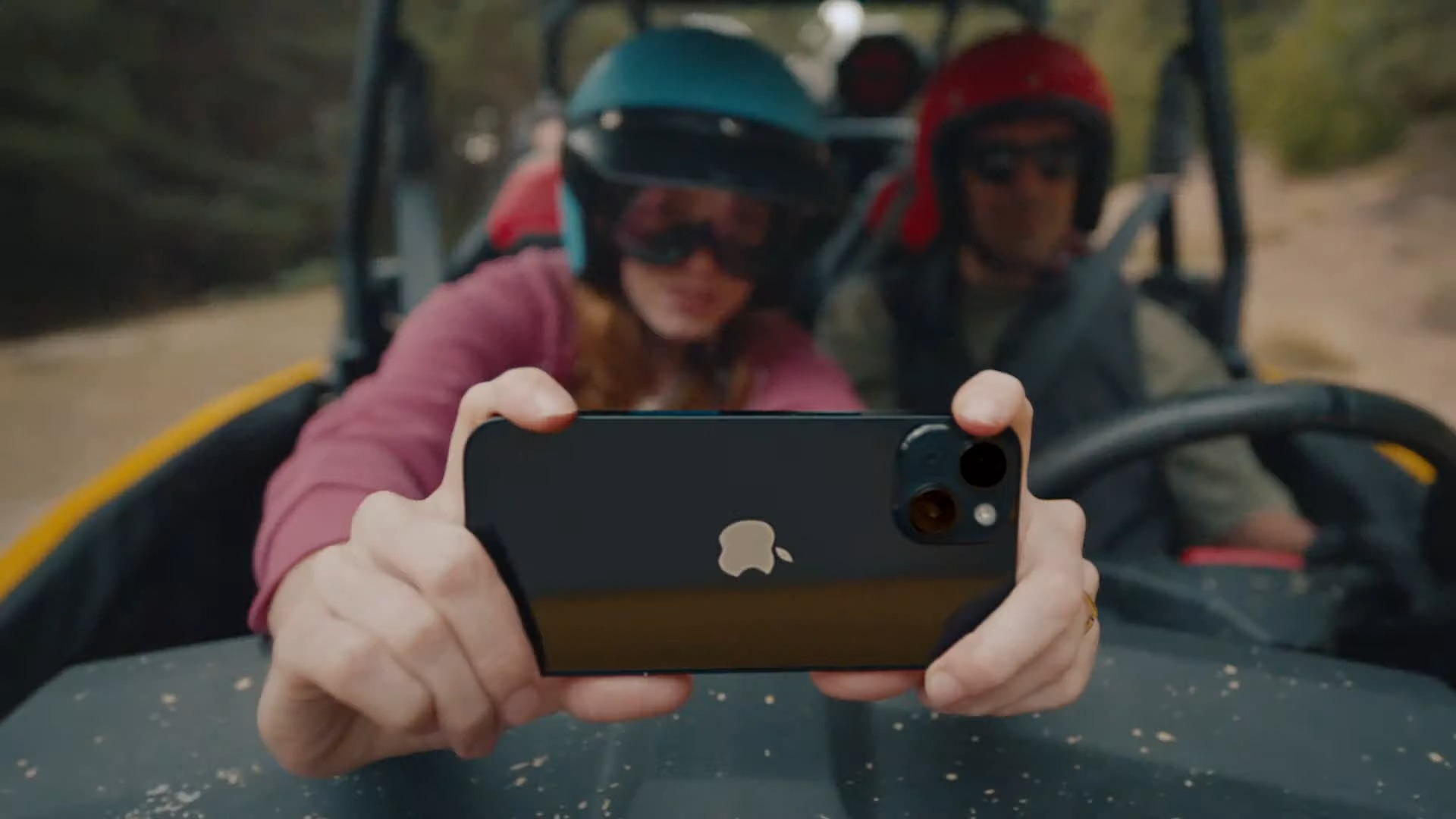
Does Apple care about the radical anymore?
In a lot of ways, though, this was inevitable and fits a narrative many anticipated and is a long time in the making.
You see, Apple earned the privilege to be boring at this point. It’s so far ahead in several aspects like performance that it can sit back for now and it’s still extending that lead every year. It’s reaching iPad-level supremacy with the iPhone. The iPad dominates the market so decisively that it doesn’t have competition. Yet, Apple updates its lineup annually without worrying about whether there are any new radical reasons for people to care or invest. It knows they will. And that’s where the iPhone has arrived now.
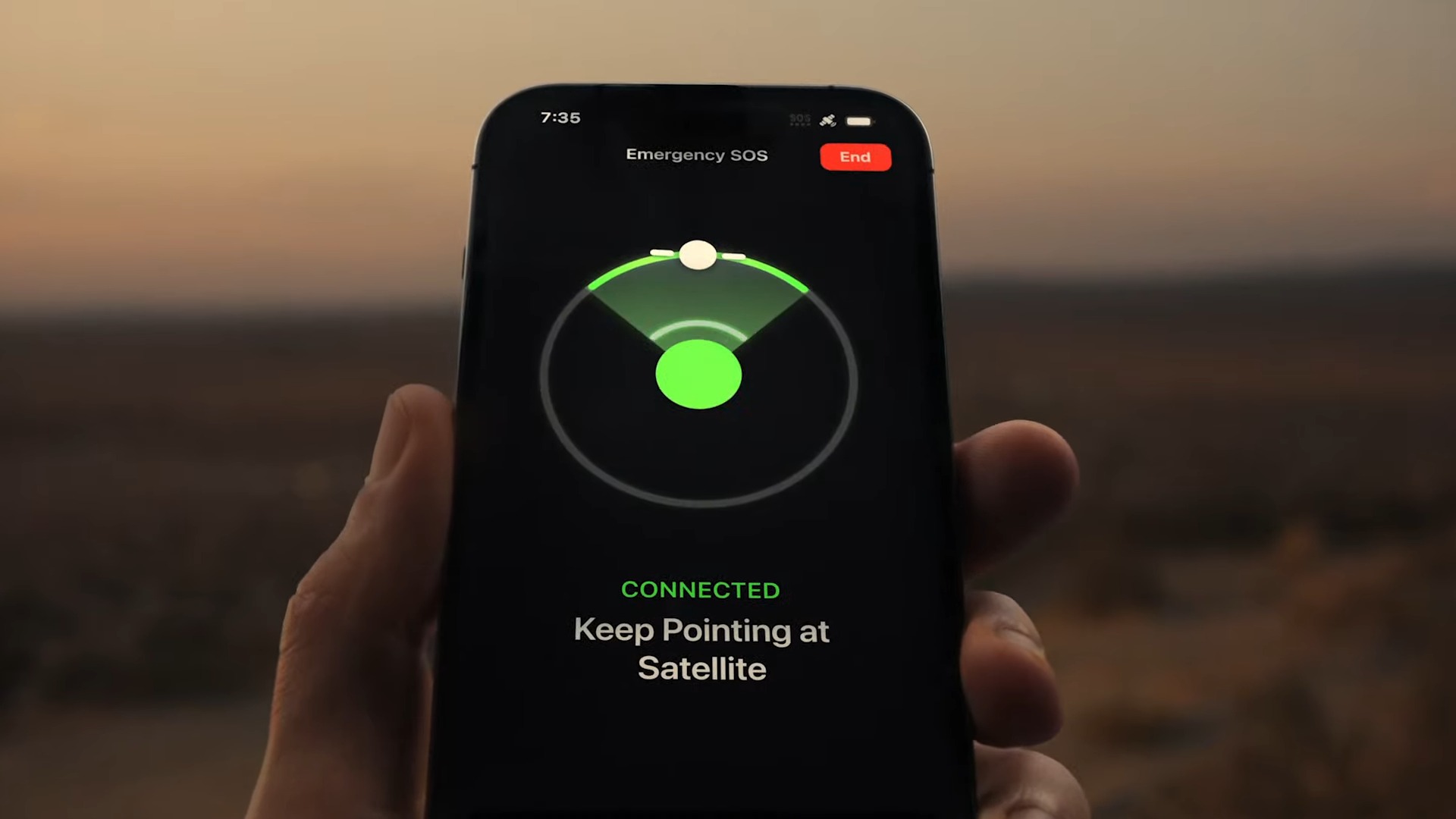
However, Apple shouldn’t take this lead for granted for too long as it did with the MacBook, where it ultimately tried to force a range of bold ideas in one go and it all backfired and the company had to backtrack.
The new iPhone 14s and iPhone 14 Pros look like an impressive bunch of phones and the many new features Apple bundled in like emergency satellite communication, which will surely come in handy for the people who buy them. But between the four models, I wish Apple had gone the extra mile for sharpening their cutting edge or even addressed some major complaints like inconsistent Face ID, the proprietary Lightning port, or MagSafe’s heating issues. Essentials like the battery, screens, and performance of the iPhone 13 series were just fine and didn’t have to be in the spotlight. Alas, there’s always the iPhone 15 next year.

